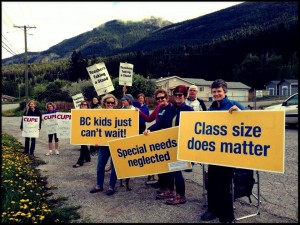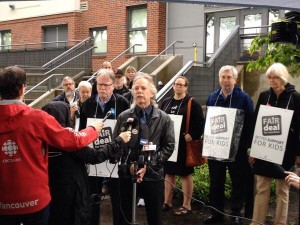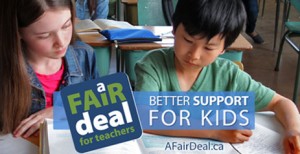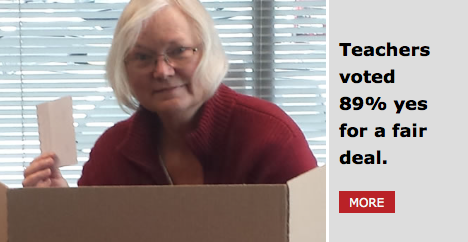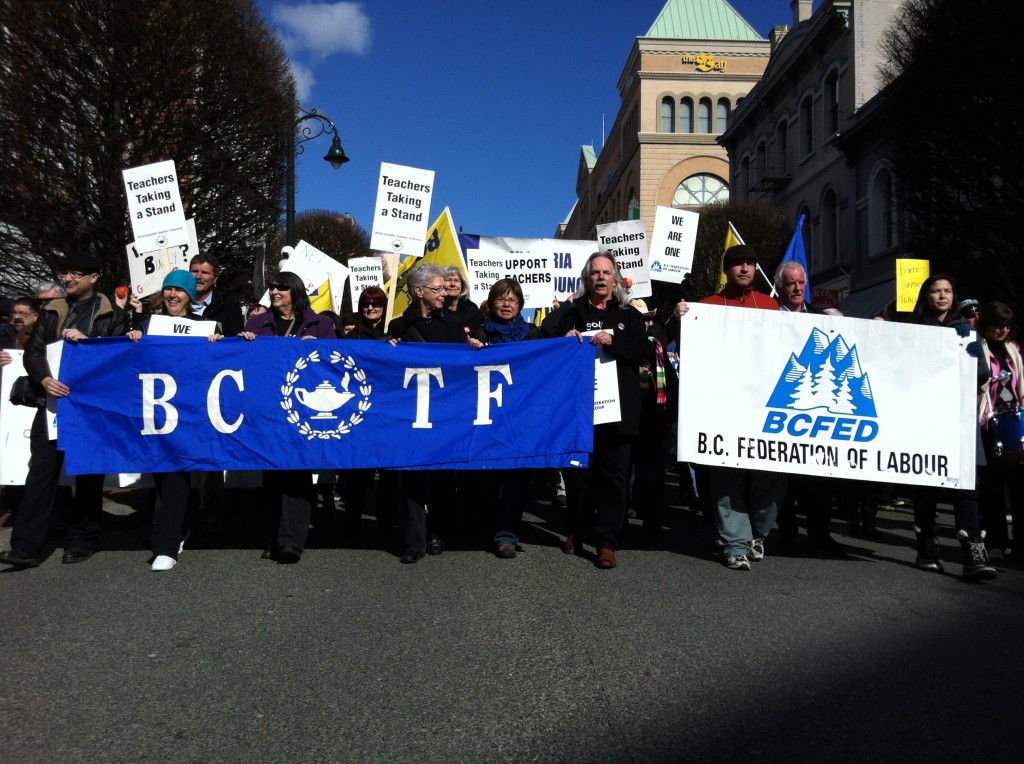The myth of the infantile and third Person
On 4 June I watched as a small group of students walked out of our local high school in frustration, a quiet stand but not quite a protest. One student muttered “hardly an angry crowd.” Just as candidly, another student posted: “The walk out was shit.” Another used the f-word to emphasize “failure.”
Wisely, the students were counselled by teachers to stay in class. But equally wisely, students encouraged each other to figure out how and when to take a stand as student-activists. Compared with the walkout in support of teachers in March 2012, this did not reflect the students’ ability to organize. It was just a minor test of the system. And unlike the Quebec student movement in early 2013, which drew secondary and post-secondary students together for a shared cause, the BC student movement has yet to materialize or find common ground across levels of education.
One of the problems at this moment is that students are infantilized and familialized, reduced to children caught in the throes of a bad parental relationship. It’s unclear how or why this happened. The @BCWalkout2014 Twitter and “Save our Students” Facebook, which began organizing the walkout at the end of May had a bit to do with it: “The two sides are like parents who are divorcing and have stuck their children in the middle for the last thirteen years,” the appeal to walkout went. “Each side claims to be “fighting for the students” yet each side fails to show how they are doing so.”
On 2 June, major media providers, such as the Vancouver Sun and CTV News repeated and quoted the lines and logic. Student frustrations, CTV News reported, were “built up like emotions in a child caught between two divorcing parents.” I hear teacher educators at UBC repeat the same, seemingly afraid to offend the government by supporting the teachers.
On queue, the day before the 4 June walkout a grade 12 student wrote a letter to The Province:
I am writing to express my discontent on behalf of a vast population of public-school students concerning the current collective bargaining between the B.C. Teachers’ Federation and the provincial government. To say a dysfunctional relationship between two parents doesn’t affect the children would be an outrageous lie. The relationship between the BCTF and the province is very much the same and the effects are mostly felt by the students.
The day after the walkout Carolina Tedula tried to work with the metaphor in the Times Colonist, but concluded that “the teachers and the government are far from being different faces of the same coin:”
With respect to the student walkout, and its comparison of the teacher/ government fight to the fight between two divorcing parents. To me, a more realistic comparison is this: The government is the deadbeat spouse, the teachers are the spouse asserting his/her rights and his/her children’s rights, with full backing of the Supreme Court of B.C.
In the entire history of childhood, those unfortunately experiencing painful break-ups, separations or divorces have never once been able to organize a collective opposition movement. Obviously it is not difficult to comprehend why or why not. Freud did not allow it and daddy or mommy won’t allow it either. So it is impossible for this logic to work to any degree in organizing a student movement. Here, one is infantilized as much as one subscribes to the storyline.
It’s equally impossible to build a movement out of third persons– those that seemingly rise as silent majorities and voices of reason at the point of politics. The myth of the third person is the myth of the Canadian way. These myths have had their day but will never underwrite momentum for a student movement.
At some point soon, a major test of the BC system has to materialize, as there has to be something more to education and life than the promise of a job when youth unemployment rates are increasing toward unprecedented numbers.


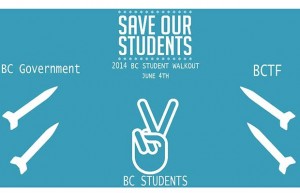
 Follow
Follow
